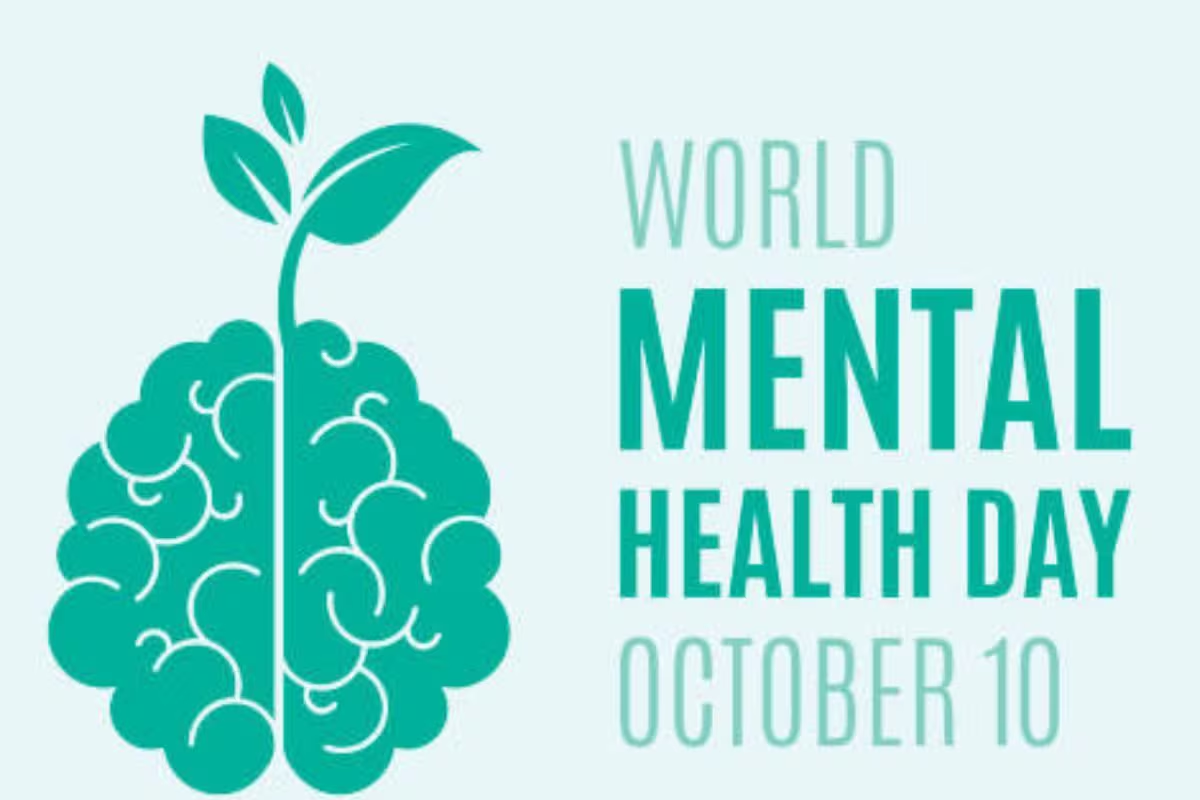Oct 10,2024

With mental health conversations gaining traction, ITC’s ‘Feel good With Fiama Mental Wellbeing Survey 2024’ marks its 4th year by exploring the perceptions and realities of mental health in India. Commissioned with NielsenIQ, the survey unveils the awareness, attitude and behavioural landscape for mental wellbeing in India. It reflects progressiveness in acknowledging the need for mental wellbeing while also indicating the persistent barriers in accessing professional support.
Despite growing awareness, many individuals still struggle in silence, hesitant to openly discuss their emotional well-being or seek professional help. There is a tendency to downplay struggles, or a belief that seeking help is only for those experiencing severe mental illness. This often leads to delaying professional support. This disconnect between awareness and action raises a crucial question: Why, in an age of information and acceptance, are so many still hesitant to embrace therapy as a path to genuine well-being? The survey delves into this question further and reveals the paradox.
While 83% of the survey participants believe mental health issues are nothing to be ashamed of, 81% feel ashamed of telling others that they are taking therapy. While we are becoming more accepting of mental health issues in general, the act of seeking help still carries a heavy weight of perceived societal judgment. This inherent fear of judgement prevents individuals from having open conversations about their mental well-being hindering access to support.
This year’s survey also reveals 80% of the participating Gen Z believe their parents would support them in therapy. There is a growing acceptance among close social circles and is a step towards normalizing mental health conversations.
|
Key Findings:
| |
| Mental Wellbeing |
|
| Work & Career |
|
| Lifestyle & Relationships |
|
Cost is a major deterrent to seeking therapy, with 77% of survey participants finding it expensive. Virtual therapy is a more accessible and affordable alternative. Notably, among the surveyed individuals who are suffering or have family members suffering from mental health issues 52% of the Gen Z are now open to online counselling, which is a significant increase from 36% last year, highlighting the growing comfort with digital solutions for mental health support.
“The ‘Feel Good with Fiama’ initiative resonates deeply with our brand purpose,” said Sameer Satpathy, Divisional Chief Executive, Personal Care Products Business, ITC Limited. “We understand that the journey to mental well-being can be challenging, and sometimes even knowing where to start can feel overwhelming. This year’s survey revealed the many barriers to therapy like high cost, stigma, and difficulty in finding the right therapist. This insight fuels our commitment to making therapy more accessible and affordable through Fiama’s Virtual therapy Clinic in partnership with the Minds Foundation. It is encouraging to see the progressive attitude towards understanding, acknowledging, and addressing mental wellbeing.”
While professional help is crucial for addressing mental wellbeing, the survey also highlights the importance of incorporating healthy coping mechanisms into our daily lives. 29% of the surveyed individuals turn to practices like yoga, 31% to meditation, and 30% to physical exercises like playing sports, dancing, gym, walking, etc. to de-stress. 36% find solace in the soothing power of music.
.svg)
